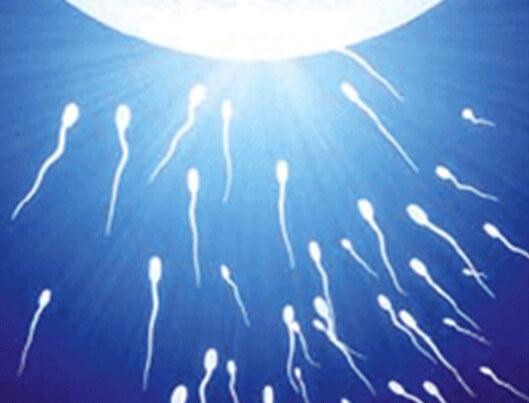
Improve Male Fertility
It can be upsetting and traumatic, physically and psychologically, when the inability to conceive arises from deficiency in the reproductive system.
One in six couples suffers from infertility, 50 to 60 percent of which are attributed to the male.
About 70 percent of ailments related to male infertility are treatable, and 25 percent of all cases can be prevented. Some of the prevention measures would include the following:
Infection
That burning sensation during urination can cause infertility if left unchecked. Sexually transmitted diseases (STD ) may cause the sperm tubes to be blocked due to inflammation and scarring.
Men who engage with several sexual partners, or involve in high risk sexual activities ought to wear condoms at all times. They should have regular checkups for STD s for early detection so that treatment can be administered.
Mumps can develop infertility for males Orchitis or testicular inflammation can result in up to 20 percent of mumps infections for males, which may affect sperm production later on in adulthood.
Smoking And Medication
Smoking, excessive alcohol consumption and drug abuse can introduce many forms of toxins into our body, which will affect sperm production, causing suboptimal sperm parameters. Some prescribed medication may affect sperm count and strength. Drug therapy to treat ailments such as gout, inflammatory bowel diseases and baldness can develop such side-effect.
Usage of steroids and testosterone replacement therapy for body building can also affect sperm production. This also includes the casual usage of testosterone gels and patches.
Environmental Factors
Pollution as well as the presence of pesticides in what we consume may also contribute to the degeneration of sperm quality. Studies have revealed about the impact of bisphenol A (BPA), an estrogen-like substance found in plastics used to manufacture water bottles and food containers, affecting sperm fertility.
Electromagnetic waves may also be a concern on sperm development though there is no concrete evidence to justify such attributes from mobile phones.
Exercise, Diet & Wellness
Obesity, resulting from metabolic syndrome, will affect the human body’s hormonal imbalanceand cause a drop in libido and subsequently lower sperm production. Fat tissues produce estrogen, excessive levels of which is a contributing factor towards lowering sperm count.
A good balanced diet and regular exercise helps to develop healthy and active sperms. However strenuous exercises over extended periods may cause lowering of testosterone levels, an important factor attributed towards sperm fertility. Active or extreme sports may result in injuries to the testes causing reduction in testicular tissue, or release of sperm antibodies.
Varicocele, a condition related to poor sperm quality, is where the veins in the scrotum are distended. There is a microsurgical option to correct this condition but the patient should discuss this in earnest with the urologist before embarking on such operations.
When fertility issues arise, consult a urologist specialising in male fertility as he will provide proper guidance and possible solution to overcome this issue.
Location
Mount Elizabeth Medical Centre,
Singapore 228510
Number
| Tel | |
| Tel | |
| Fax | : (65) 6838 1216 |
| 24-hour answering service |
Address
Hours
Mon-Fri | : 9:00am - 1:00pm 2:00pm - 5:00pm |
Sat | : 9:00am - 12:00pm |
Sun/PH | : Closed |





